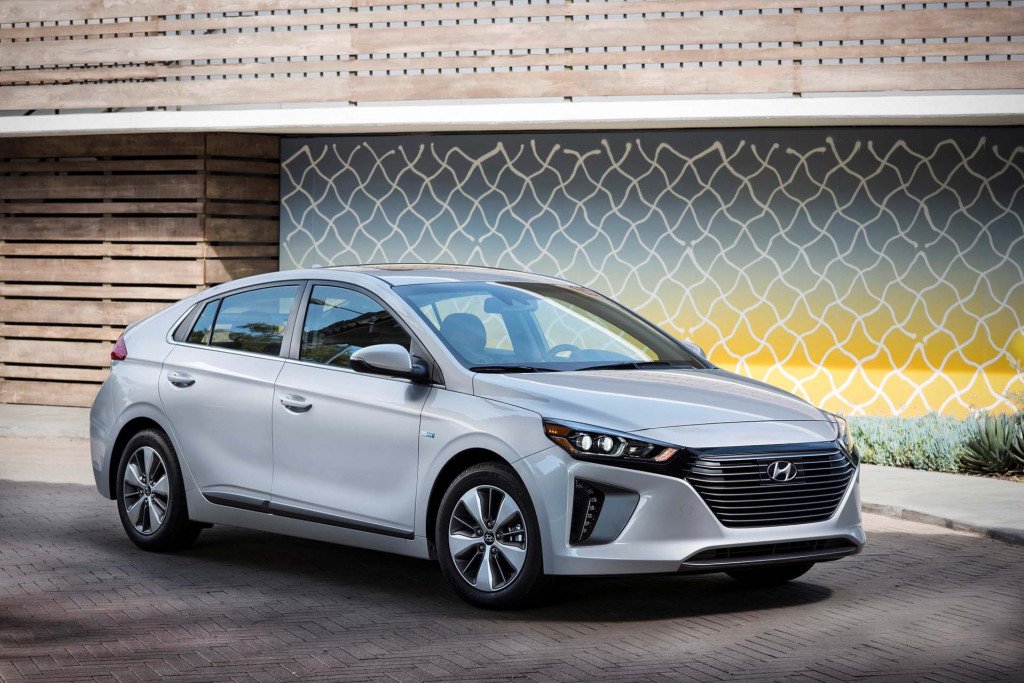The automotive business is one that turns raw materials into highly complex finished goods.
When the prices of key commodities—especially raw materials—rise, everything downstream in that process becomes more expensive.
That's Hyundai's concern over battery prices from 2020 onward, as it envisions a future in which a constrained supply of certain commodities will negate cost reductions realized by economies of scale in battery manufacturing.
DON'T MISS: How Much And How Fast Will Electric-Car Battery Costs Fall?
If anything, those economies of scale will put upward pressure on key ingredients used in the manufacture of batteries—including nickel, cobalt, and lithium.
As more automakers jump into the EV business and boost demand for raw materials used for batteries, Hyundai expects the costs of those materials to plateau or increase—and bring the end product along for the ride.
“Not a single ingredient is going in a positive direction in terms of pricing,” Hyundai Motor Senior Vice-President Lee Ki-sang, who oversees Hyundai’s green car operations, told Reuters last week.

2018 Hyundai Ioniq
Hyundai's prediction flies in the face of other analyses suggesting that battery material costs and pack prices will continue to fall in 2020 and beyond.
A recent report by Bloomberg New Energy Finance calculated lithium-ion packs are now selling for $209 per kilowatt-hour; automakers pay less, on average, while stationary battery-system companies pay more.
That report also predicts battery pack prices to fall to $100 per kilowatt-hour by 2025, the price at which 200-plus mile electric cars are expected to be on equal economic footing with gasoline-powered equivalents.
READ MORE: Lithium-ion battery packs now $209 per kwh, will fall to $100 by 2025: Bloomberg analysis
Even with a dire outlook on battery prices, Hyundai plans to launch "38 green models using a variety of technologies by 2025," reports Reuters.
A partnership consisting of 10 European automakers is attempting to at least establish ethical sources for battery raw materials, some of which are mined in countries with questionable political regimes that allow the use of child labor.
The Drive Sustainability partnership announced it would establish a "Raw Materials Observatory" to address and rectify "ethical, environment, human and labor rights issues" in sourcing raw materials.
[hat tip: Robert]
_______________________________________












